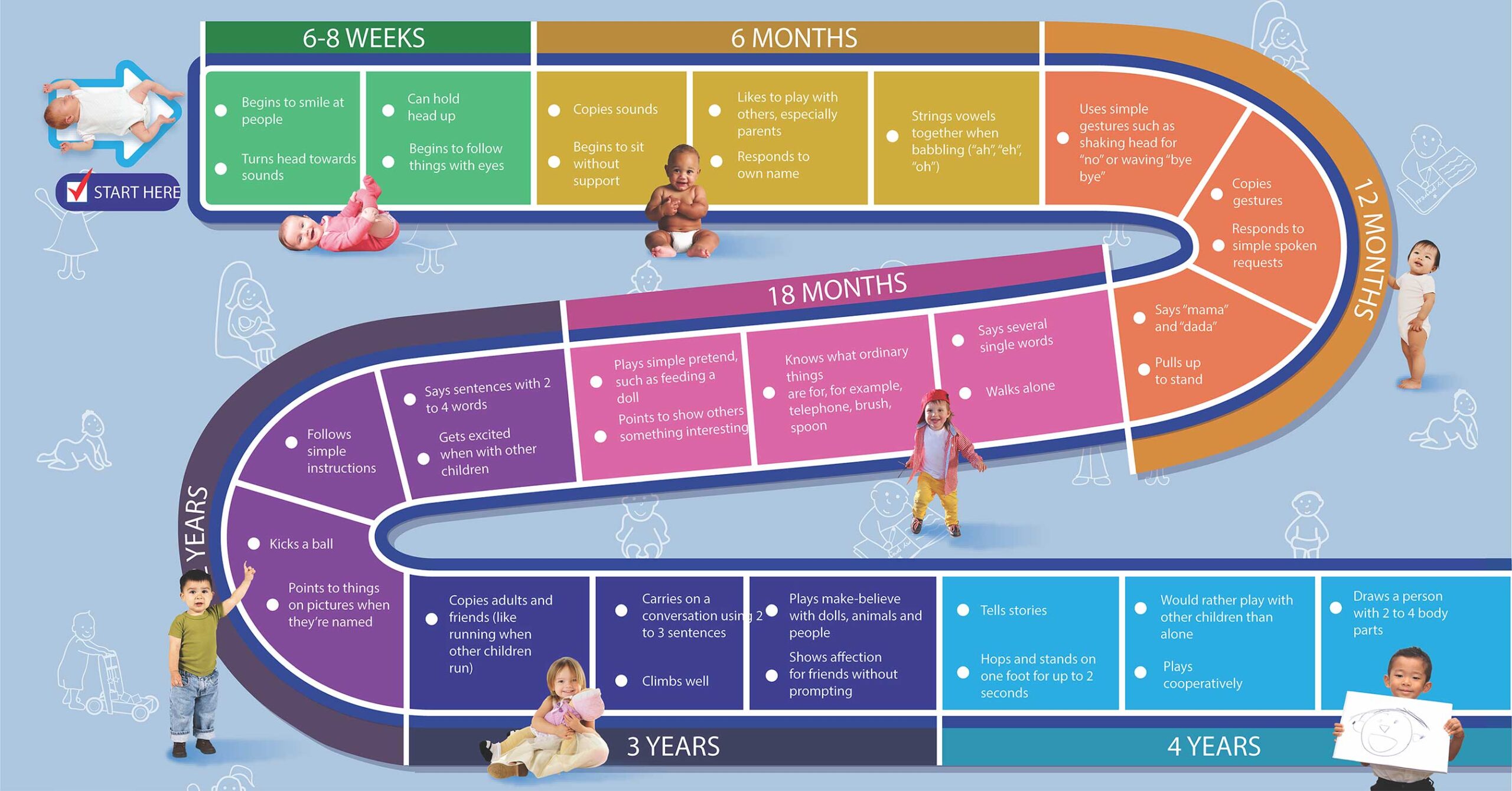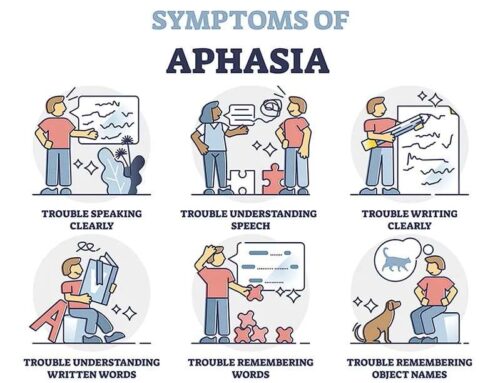As children embark on their remarkable journey of growth, parents and caregivers often seek guidance to ensure their little ones are developing on track. This is where developmental assessments come into play, offering valuable insights into a child’s progress across various domains.
What is a Developmental Assessment?
A developmental assessment is a comprehensive evaluation of a child’s skills and abilities in key areas, including:
- Gross motor skills: Coordination, movement, and physical development
- Fine motor skills: Hand-eye coordination, manual dexterity, and manipulation of objects
- Cognitive development: Learning, problem-solving, and thinking abilities
- Language development: Communication skills, both expressive and receptive
- Social-emotional development: Emotional regulation, interaction with others, and self-awareness
Purposes of Developmental Assessments
Developmental assessments serve several crucial purposes:
-
Identifying strengths and weaknesses: Assessments help pinpoint areas where a child excels and areas that may require additional support.
-
Detecting developmental delays: Early identification of delays can lead to timely intervention and improved outcomes.
-
Monitoring progress: Assessments provide a snapshot of a child’s development at a specific point in time, allowing for tracking progress over time.
-
Guiding intervention planning: Assessments inform the development of individualized education plans (IEPs) and other support services.
Why are Developmental Assessments Important?
Developmental assessments offer numerous benefits:
-
Early intervention: Early detection of delays can lead to early intervention, which can significantly improve a child’s long-term outcomes.
-
Targeted support: Assessments provide valuable information for tailoring educational and therapeutic interventions to a child’s specific needs.
-
Peace of mind: Assessments can alleviate parental concerns and provide reassurance about a child’s development.
-
Promoting optimal development: Assessments contribute to a holistic understanding of a child’s development, fostering optimal growth across all domains.
When Should a Child Be Assessed?
Developmental assessments can be conducted at any age, but they are particularly crucial during the early years of a child’s life, when rapid development occurs. Regular assessments are recommended, especially if there are concerns about a child’s progress.
Who Conducts Developmental Assessments?
Qualified professionals, such as developmental psychologists, early childhood educators, and speech-language pathologists, conduct developmental assessments. They possess the expertise to interpret results and provide recommendations.
Types of Developmental Assessments
Various assessment tools are available, each with its own strengths and limitations. Some common tools include:
-
Observation: Observing a child in natural settings provides insights into their behavior and interactions.
-
Standardized tests: These tests provide standardized scores that compare a child’s performance to others of the same age.
-
Portfolios: Portfolios collect samples of a child’s work, reflecting their progress and achievements.
-
Parent-teacher conferences: Discussions with parents and teachers provide valuable perspectives on a child’s development.
Developmental assessments serve as valuable tools for understanding a child’s unique journey of growth. By identifying strengths, detecting delays, and guiding intervention, assessments contribute to optimal development, empowering children to reach their full potential.





Leave A Comment